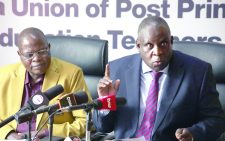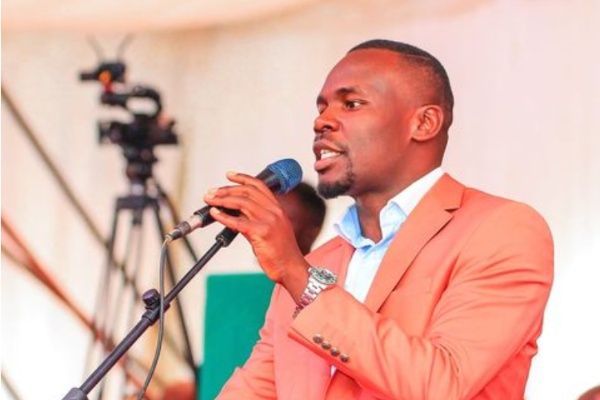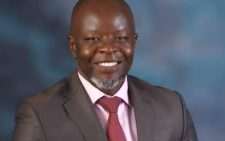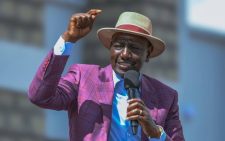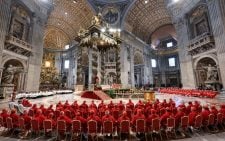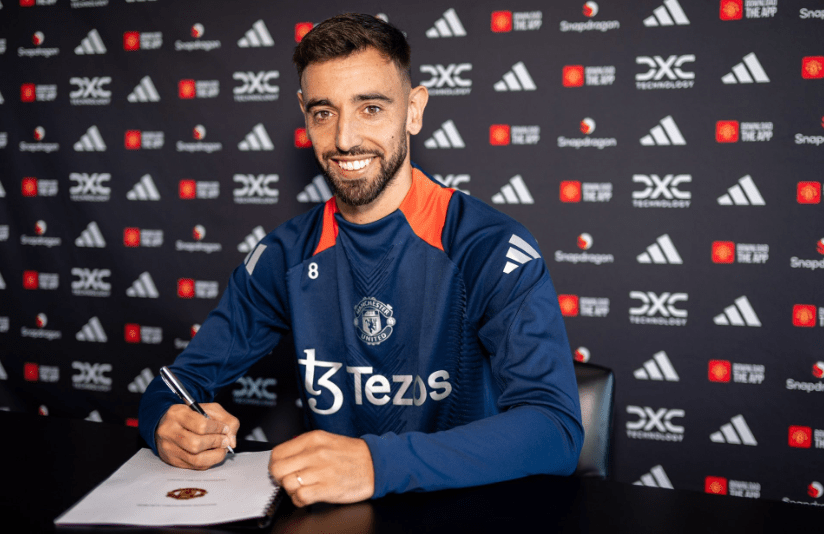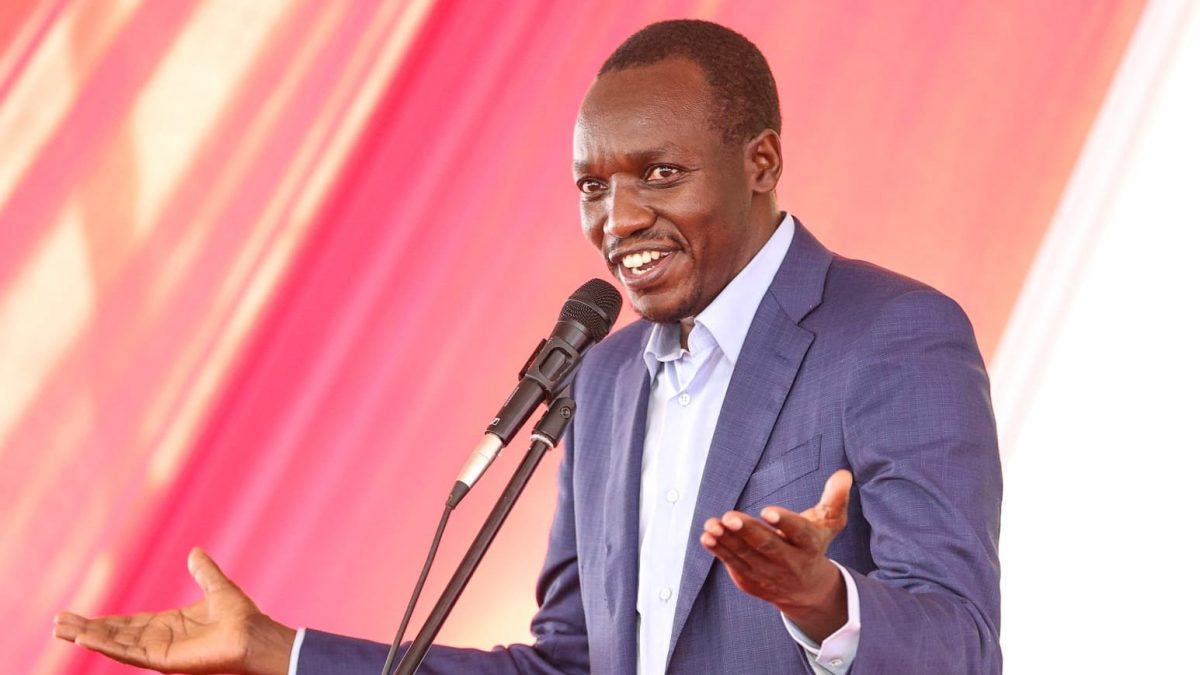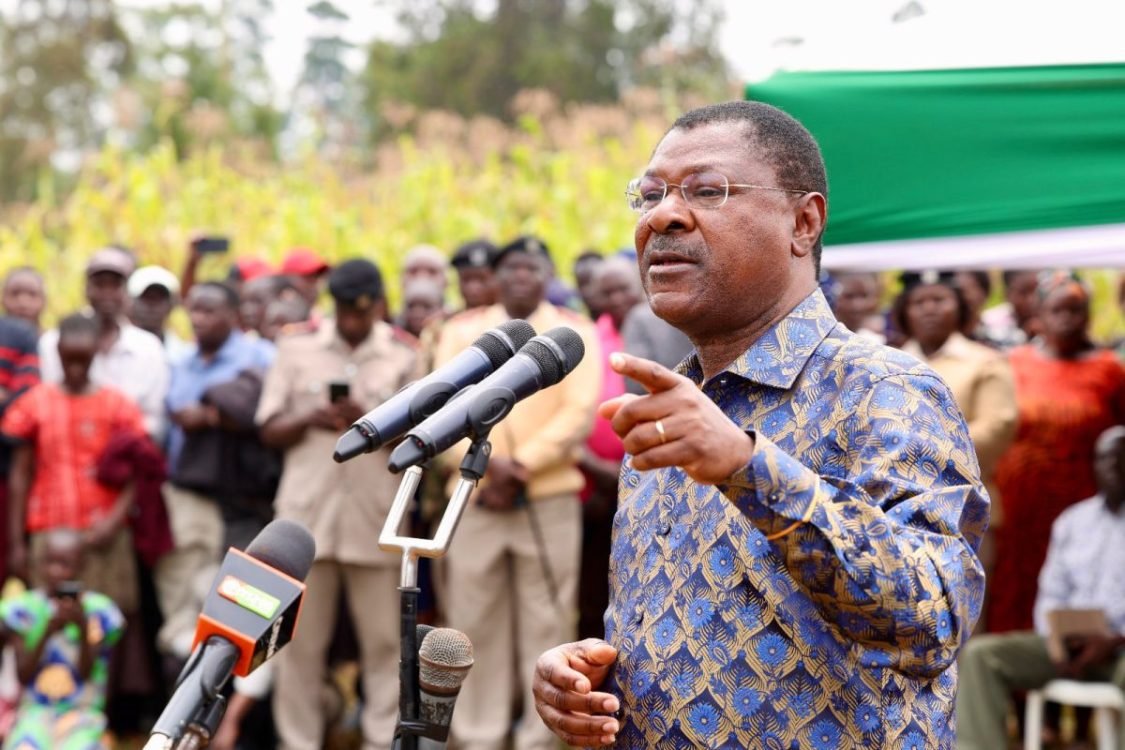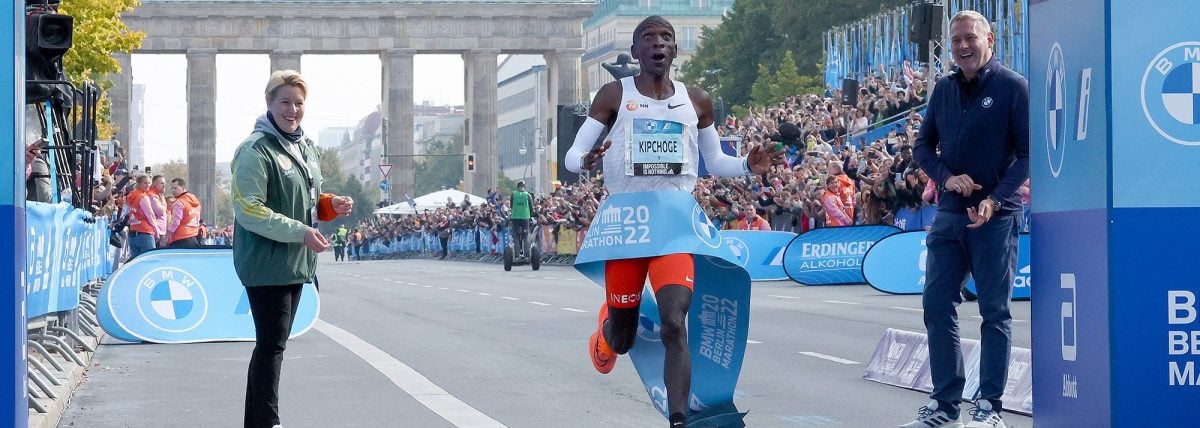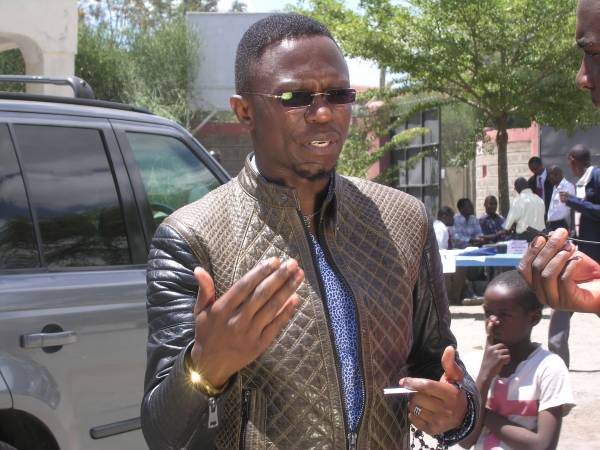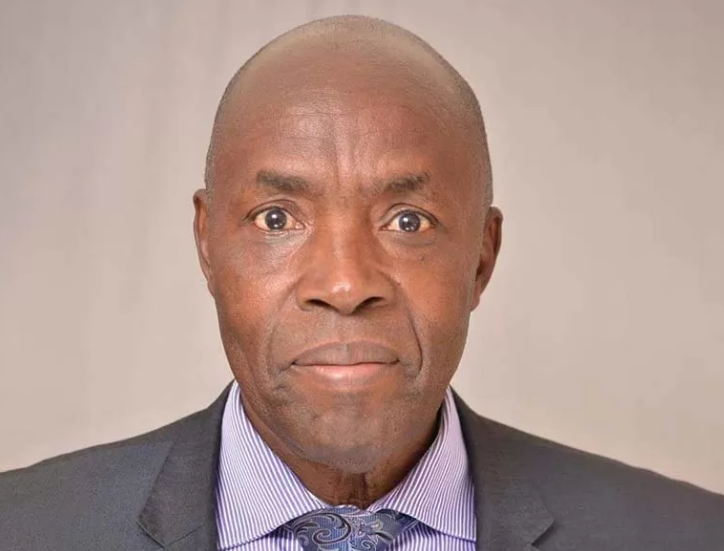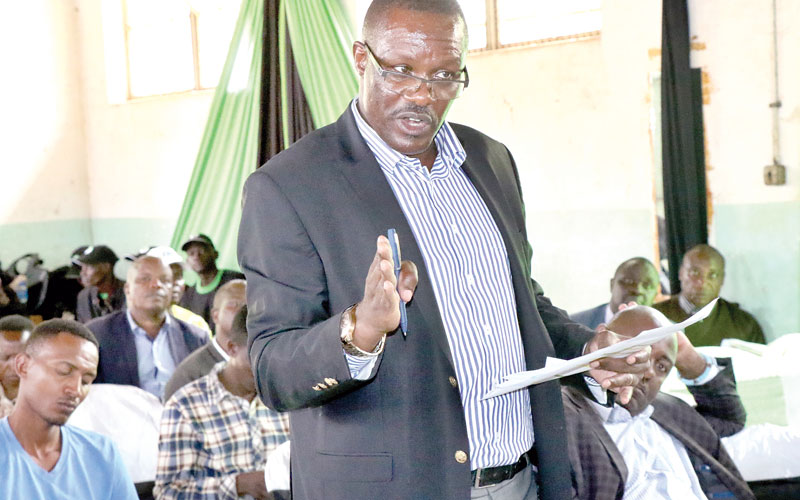Nine petitioners in race against time

Nine petitioners who went to the Supreme Court on Monday to challenge the outcome of this year’s presidential election were yesterday racing against time to serve the respondents, led by the electoral commission.
The Supreme Court gave the petitioners 24 hours to serve the respondents from the time of filing the suits.
Azimio-One Kenya presidential candidate Raila Odinga and his running-mate, Martha Karua, served the respondents through paid-up advertisements in a section of Kenyan newspapers. The petition was signed by Raila’s lawyer, Paul Mwangi.
No choice
Lawyer Dudley Ochiel told People Daily yesterday that the petitioners had no choice but to serve the respondents within 24 hours.
“There is no alternative; if they don’t serve, the court will consider the effect of that non-compliance under Article 159,” he said.
Activist Okiya Omtatah, who is one of the petitioners challenging the presidential election, confirmed that he had served all the parties mentioned.
“I served parties electronically on Monday after filing the petition, and yesterday through a court process server,” he said.
Omtatah filed his case alongside Nyakina Wycliffe Gisebe, Victor Okuna and John Maina — suing as the executive director of the Center for Diaspora Affairs.
He has named IEBC, its chairperson Wafula Chebukati, commissioners Juliana Cherera, Francis Wanderi, Justus Nyang’aya, Irene Masit, Abdi Yakub Guliye, Boya Molu and the Attorney General as respondents.
Interested parties
The four presidential candidates — Raila, William Ruto, Waihiga Mwaure and George Wajackoyah — are listed as interested parties.
In the case, Omtatah and his co-petitioners argue that, contrary to section 39(1D) of the Elections Act, 2011, the commission did not verify that the results transmitted were an accurate record of the results tallied, verified and declared at the respective polling stations.
They want a declaration that the results announced by the chairman, vide Form 34C dated August 15, 2022, are not based on the absolute total of the votes cast at the presidential election (voter turnout).
They are also seeking a declaration that at least 140,028 untallied votes were not included in the results announced by the chairman, and that the “final results were not openly and accurately collated, and are not verifiable”.
Four activists led by Khelef Khalif, who have sued IEBC, Chebukati, President-Elect William Ruto and the Attorney General, also served the parties concerned through daily newspapers.
These activists include George Osewe, Ruth Mumbi and Grace Kamau. They accuse IEBC of failing to comply with election principles and regulations during the polls, adding that Chebukati erred in excluding the other commissioners.
The four want the court to order Chebukati to provide all the materials — including electronic documents, devices and equipment for the presidential election — within 48 hours of the petition.
They also say Ruto was not validly declared as the president-elect and that the same is invalid, null and void.
Election irregularities
“A declaration that the IEBC chairman committed election irregularities and illegalities in the presidential elections … and a report to that effect to be sent to the DPP”, reads the petition in part.
Other petitions have been filed by John Njoroge Kamau, lobby group Youth Advocacy Africa — which has filed alongside one Peter Kirika — voter David Kariuki Ngari and Juliah Nyokabi Chege, who has filed alongside two others.
There is also a separate petition by gospel artiste Reuben Kigame seeking a declaration that IEBC violated his rights when it blocked him from vying for the presidency.
Kigame is pushing for a declaration that the presidential nomination and clearance of William Ruto, Raila, George Wajackoya and Waihiga Mwaure was null and void.
A cross petition by Chama Cha Kazi leader Moses Kuria and outgoing Mbeere South MP Geoffrey King’ang’i has also been filed, seeking dismissal of the suit lodged by Raila and Karua.
